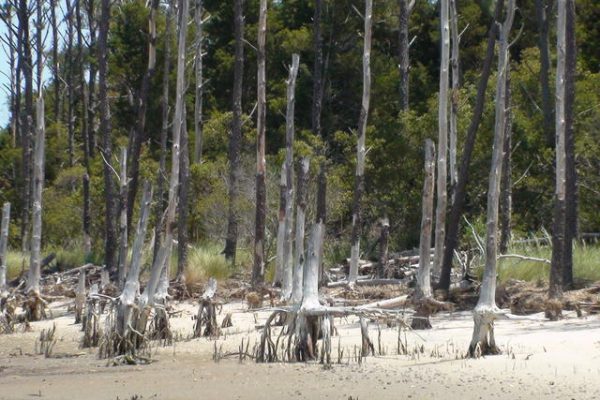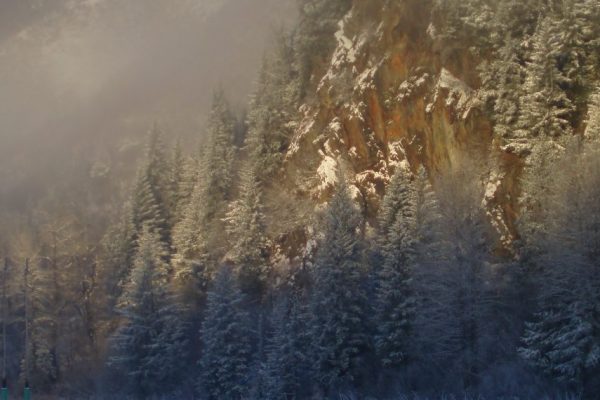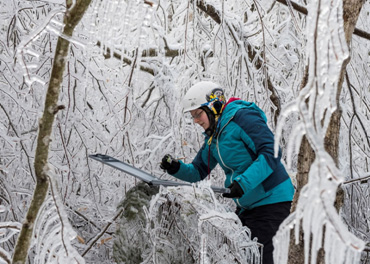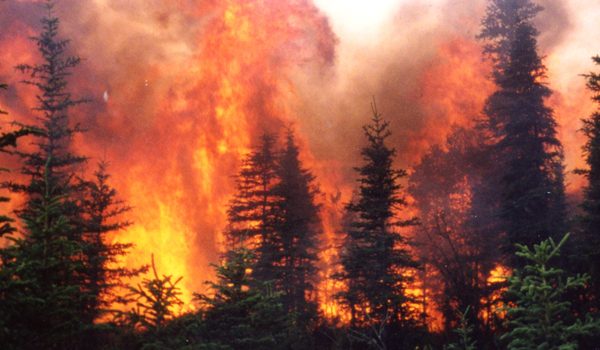Wildfire Ponzi Scheme? The Continental Carbon Exchange
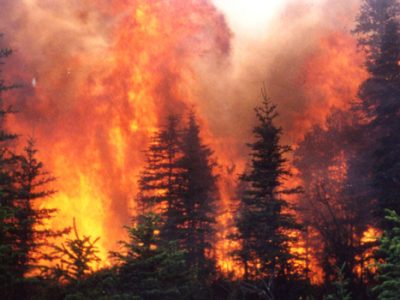
If carbon is currency, wildfires are the brokers; that is, they distribute carbon between land and air. In the short-run, fire emits carbon dioxide into the atmosphere. Over time, it also strengthens subsequent carbon uptake through plant regrowth. This exchange is like a natural Ponzi scheme – the carbon offsets from yesterday’s fires take up today’s emissions…. Read more »

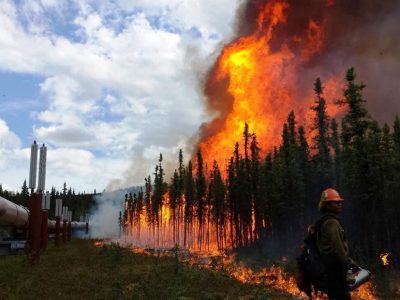
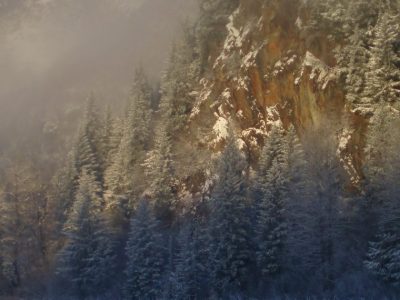
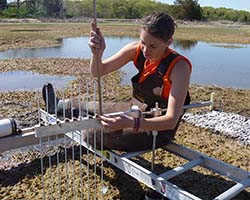
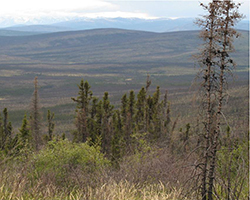

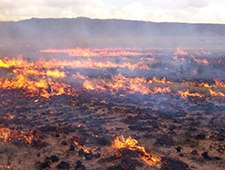
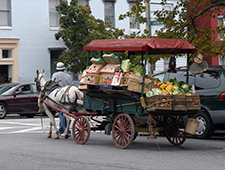
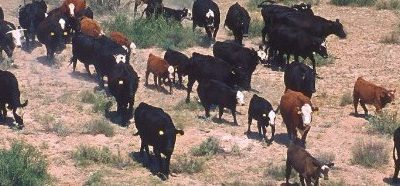
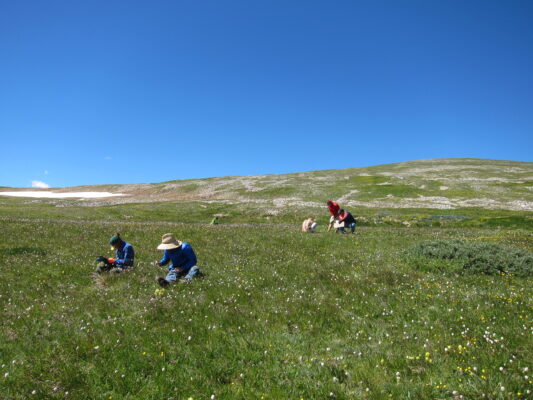
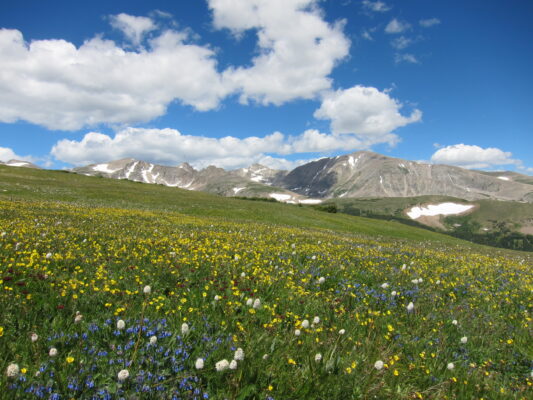
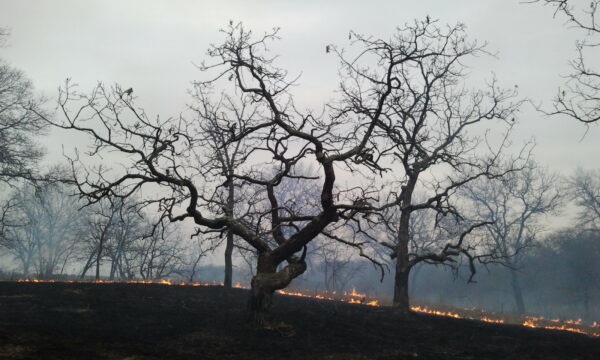
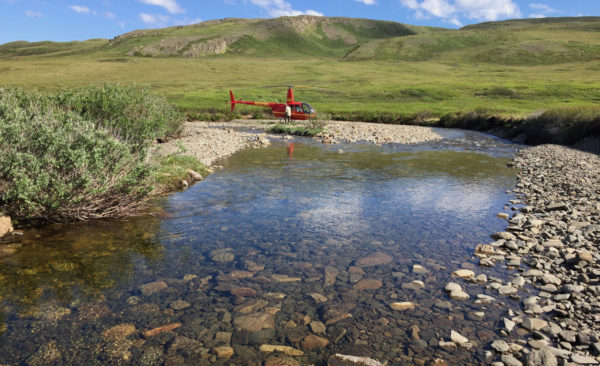
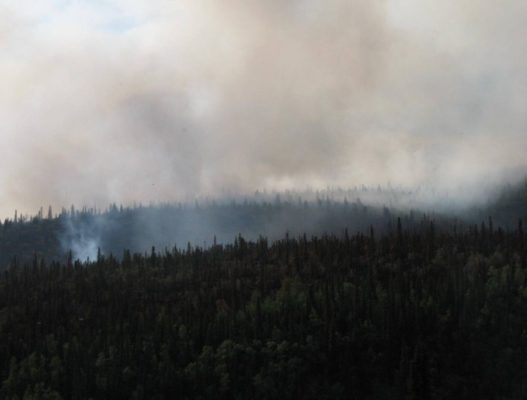
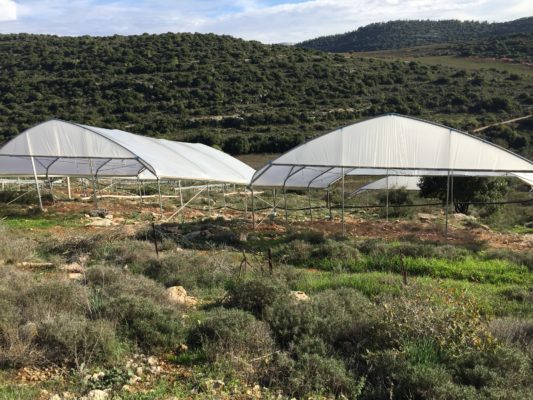 International Drought Experiment" data-envira-gallery-id="site_images_45353" data-envira-index="5" data-envira-item-id="82314" data-envira-src="https://lternet.edu/wp-content/uploads/2020/01/Matta_rainout-533x400.jpeg" data-envira-srcset="https://lternet.edu/wp-content/uploads/2020/01/Matta_rainout-533x400.jpeg 400w, https://lternet.edu/wp-content/uploads/2020/01/Matta_rainout-533x400.jpeg 2x" data-title="Matta_rainout" itemprop="thumbnailUrl" data-no-lazy="1" data-envirabox="site_images_45353" data-automatic-caption="Matta_rainout -
International Drought Experiment" data-envira-gallery-id="site_images_45353" data-envira-index="5" data-envira-item-id="82314" data-envira-src="https://lternet.edu/wp-content/uploads/2020/01/Matta_rainout-533x400.jpeg" data-envira-srcset="https://lternet.edu/wp-content/uploads/2020/01/Matta_rainout-533x400.jpeg 400w, https://lternet.edu/wp-content/uploads/2020/01/Matta_rainout-533x400.jpeg 2x" data-title="Matta_rainout" itemprop="thumbnailUrl" data-no-lazy="1" data-envirabox="site_images_45353" data-automatic-caption="Matta_rainout - 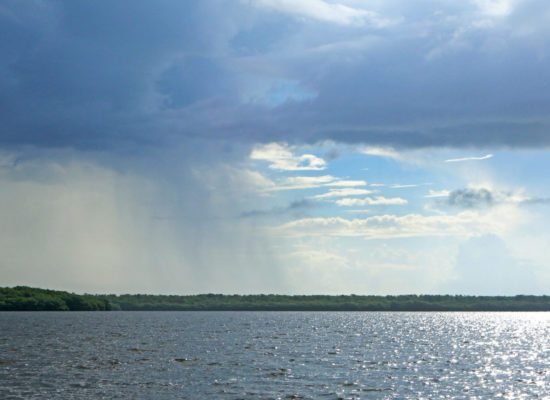 E Zambello/LTER Network Office
E Zambello/LTER Network Office 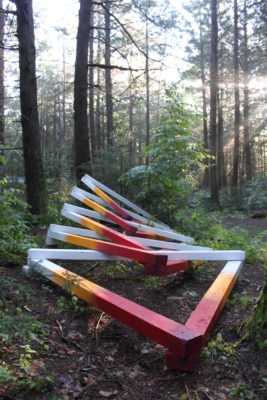
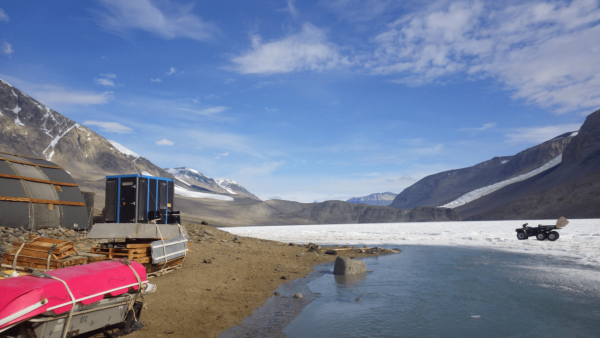
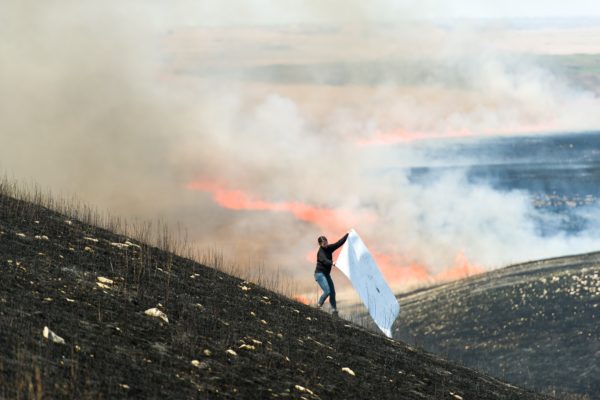
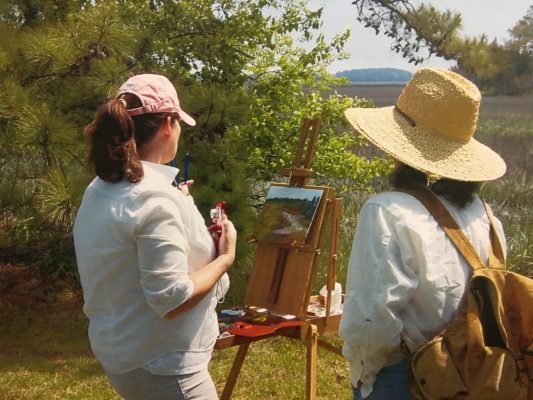

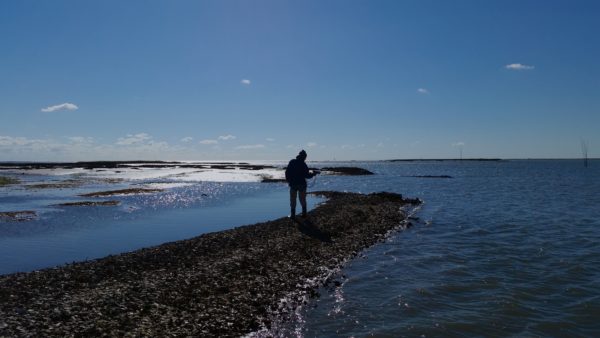
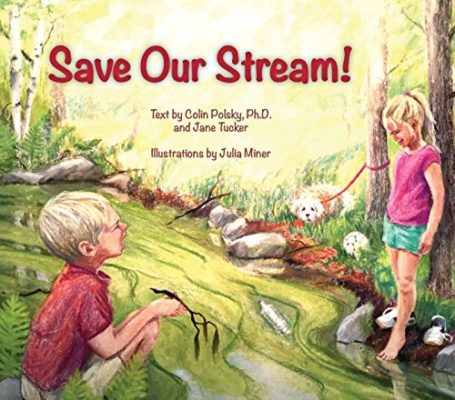
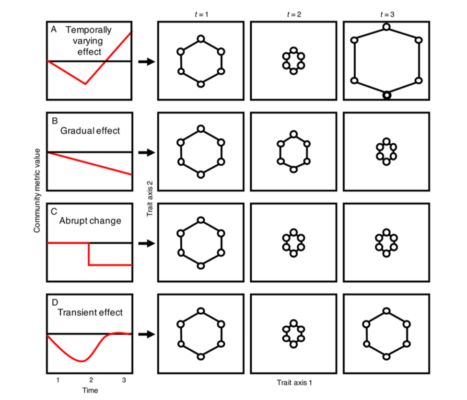
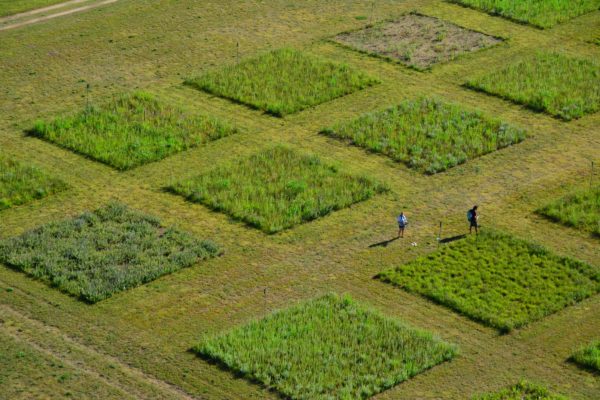
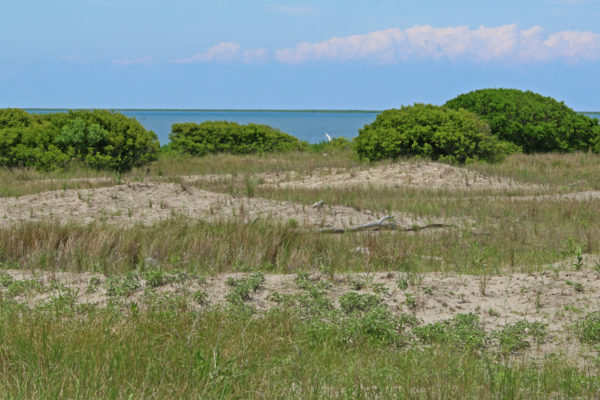 E Zambello/LTER-NCO
E Zambello/LTER-NCO 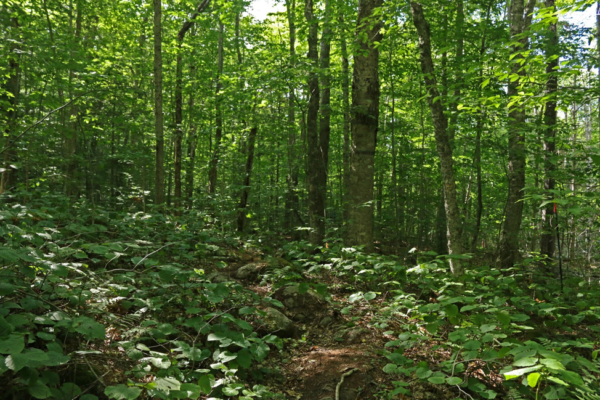 E Zambello/LTER-NCO
E Zambello/LTER-NCO 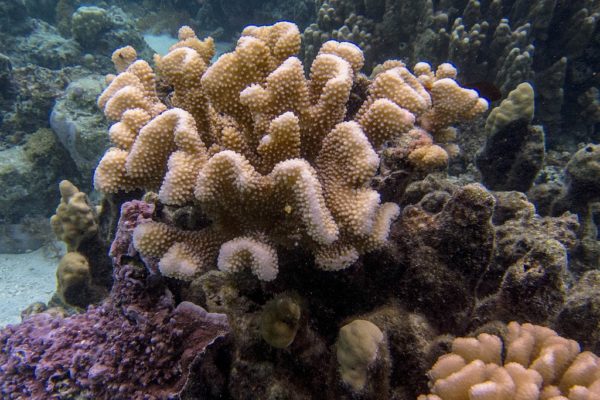
 JLS Photography Alaska via Flickr
JLS Photography Alaska via Flickr 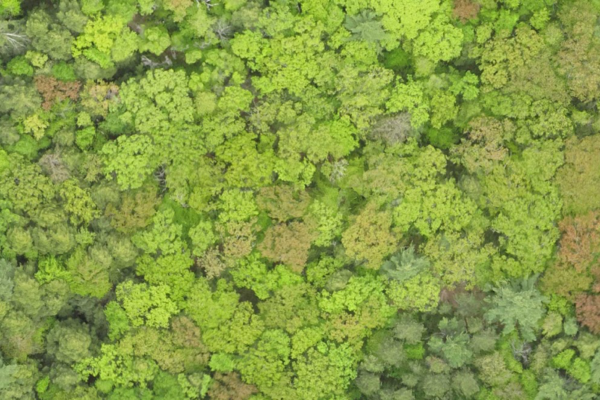
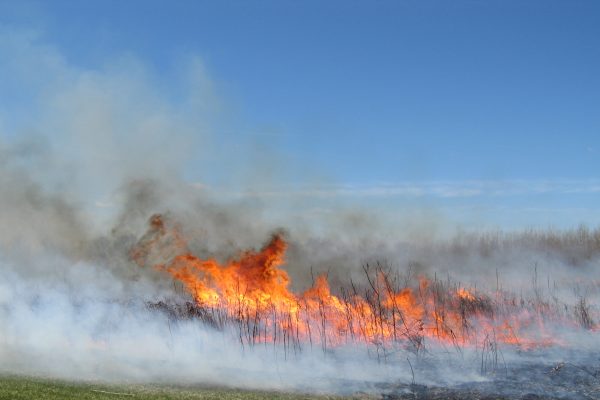
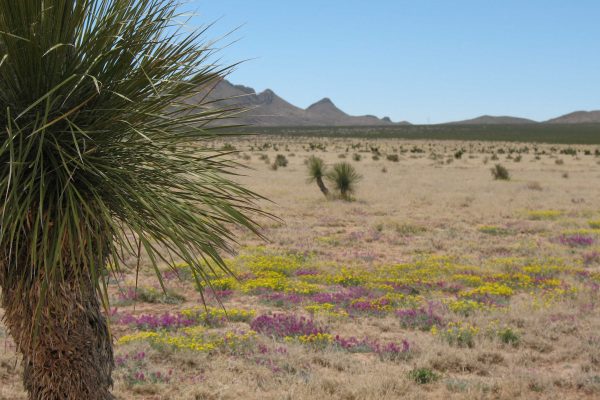
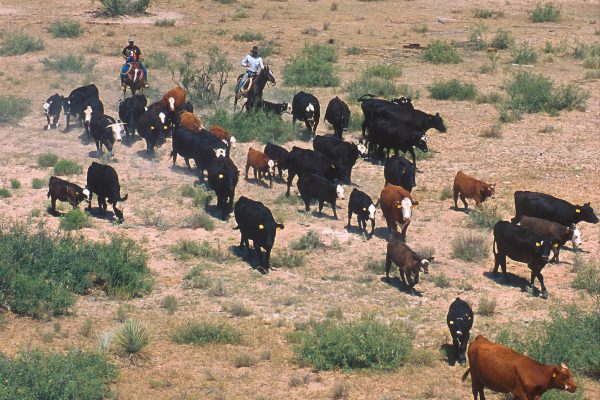
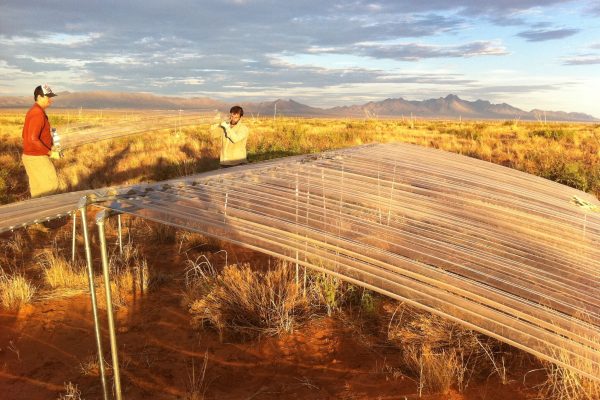
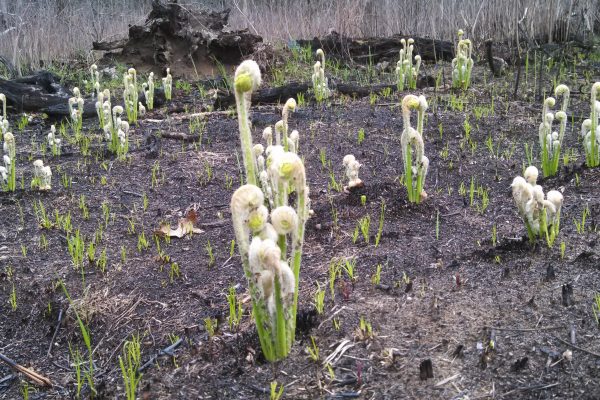
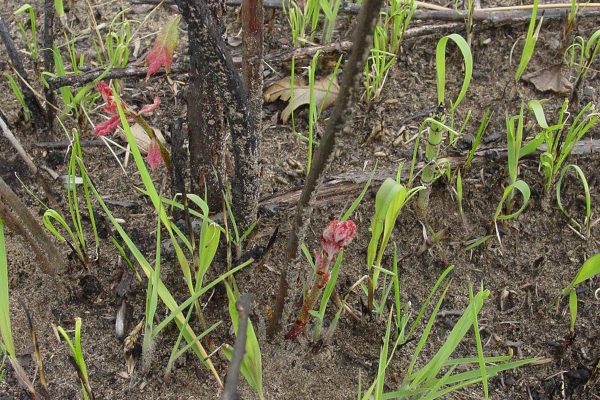
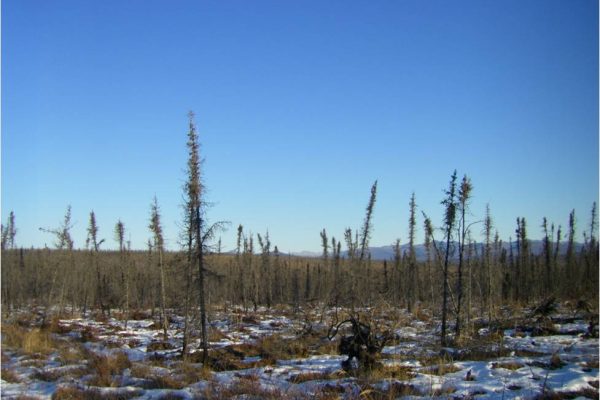
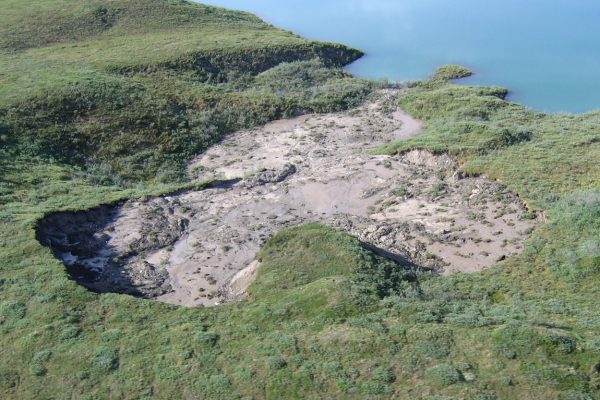
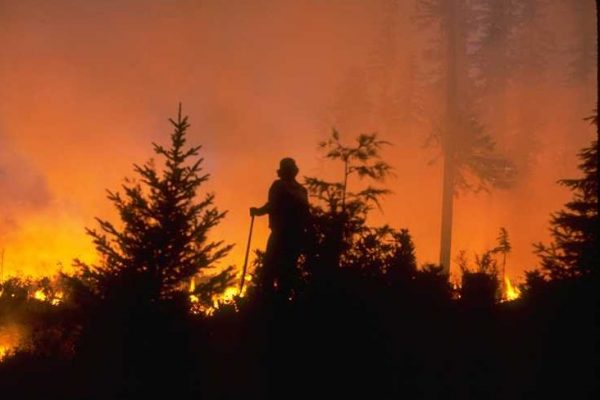
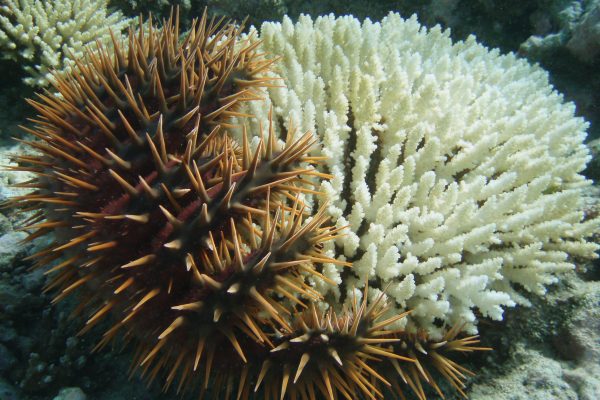 CC BY-SA 4.0" data-envira-gallery-id="site_images_45353" data-envira-index="30" data-envira-item-id="46180" data-envira-src="https://lternet.edu/wp-content/uploads/2017/11/P7193263-copy-600x400.jpg" data-envira-srcset="https://lternet.edu/wp-content/uploads/2017/11/P7193263-copy-600x400.jpg 400w, https://lternet.edu/wp-content/uploads/2017/11/P7193263-copy-600x400.jpg 2x" data-title="Crown-of-thorns Sea Star" itemprop="thumbnailUrl" data-no-lazy="1" data-envirabox="site_images_45353" data-automatic-caption="Crown-of-thorns Sea Star -
CC BY-SA 4.0" data-envira-gallery-id="site_images_45353" data-envira-index="30" data-envira-item-id="46180" data-envira-src="https://lternet.edu/wp-content/uploads/2017/11/P7193263-copy-600x400.jpg" data-envira-srcset="https://lternet.edu/wp-content/uploads/2017/11/P7193263-copy-600x400.jpg 400w, https://lternet.edu/wp-content/uploads/2017/11/P7193263-copy-600x400.jpg 2x" data-title="Crown-of-thorns Sea Star" itemprop="thumbnailUrl" data-no-lazy="1" data-envirabox="site_images_45353" data-automatic-caption="Crown-of-thorns Sea Star - 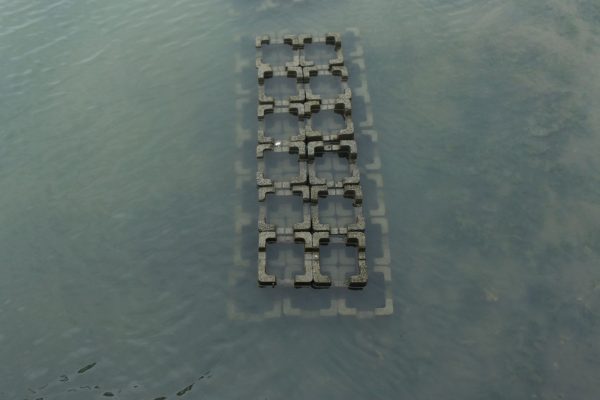 Erika Zambello/LTER NCO. CC BY-SA 4.0." data-envira-gallery-id="site_images_45353" data-envira-index="31" data-envira-item-id="46166" data-envira-src="https://lternet.edu/wp-content/uploads/2017/11/vcr-2-600x400.jpg" data-envira-srcset="https://lternet.edu/wp-content/uploads/2017/11/vcr-2-600x400.jpg 400w, https://lternet.edu/wp-content/uploads/2017/11/vcr-2-600x400.jpg 2x" data-title="vcr-cement-blocks" itemprop="thumbnailUrl" data-no-lazy="1" data-envirabox="site_images_45353" data-automatic-caption="vcr-cement-blocks - Submerged cement blocks rest below the sea level. Erika Zambello/LTER NCO. CC BY-SA 4.0." data-envira-height="200" data-envira-width="300" />
Erika Zambello/LTER NCO. CC BY-SA 4.0." data-envira-gallery-id="site_images_45353" data-envira-index="31" data-envira-item-id="46166" data-envira-src="https://lternet.edu/wp-content/uploads/2017/11/vcr-2-600x400.jpg" data-envira-srcset="https://lternet.edu/wp-content/uploads/2017/11/vcr-2-600x400.jpg 400w, https://lternet.edu/wp-content/uploads/2017/11/vcr-2-600x400.jpg 2x" data-title="vcr-cement-blocks" itemprop="thumbnailUrl" data-no-lazy="1" data-envirabox="site_images_45353" data-automatic-caption="vcr-cement-blocks - Submerged cement blocks rest below the sea level. Erika Zambello/LTER NCO. CC BY-SA 4.0." data-envira-height="200" data-envira-width="300" />